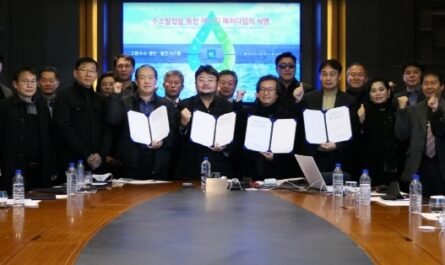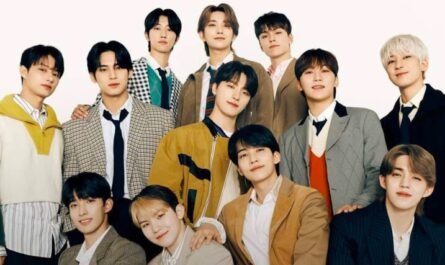Seoul Newspim Reporter Han-Woong Cho K-Pop Motors (CEO Hwang Yo-stop) made an innovative announcement to the Dashi market to eliminate existing electric vehicle chargers.
On May 5, 2021, K-Pop Motors declared “an electric vehicle retrofitting industry that converts all commercial vehicles (gasoline and diesel vehicles) on the road into electric vehicles.” It was announced on the 18th that it would be developed by the end of this year.
He added that the company intends to contribute to the development of the national-based electric vehicle industry and the improvement of the global environment by introducing a non-rechargeable electric vehicle to the world early next year using technologies such as Korean and US patents, opening the era of the electric vehicle without charge that any driver wants.
K-Pop Motors pointed out, “Now, all drivers around the world desperately feel the need for an eco-friendly electric vehicle, but the main reason that the penetration rate of electric vehicles is only about 1% because they do not buy electric vehicles is the problem of electric vehicle chargers.”
Currently, the charging time of an electric vehicle is from at least 40 minutes to a maximum of 4 hours, with about 20 types of electric chargers swarming, and the driving distance after charging is at least 200 Km to a maximum of 500 Km. In the reality that 15% of battery power is consumed, it is pointed out that in the case of Korea, it will take at least 7 to 8 years to build a charging infrastructure as much as gas stations for existing gasoline and diesel vehicles.
In 2017, Chairman Hwang of K-Pop Motors introduced a charging system that allows charging anywhere there is electricity by mounting a charger in the vehicle to solve the existing charging infrastructure. It was announced on September 6.
Chairman Hwang also emphasized, “In the future electric vehicle battery market, the transition from lithium-ion batteries to high-efficiency graphene batteries is imminent so that we will strengthen the application of graphene batteries suitable for the OBC system.”
At the same time, “Through the non-rechargeable generator system based on Korean and US patents announced this time, it is preferred by all drivers in the world through eco-friendly electric energy based on non-rechargeable generators rather than conventional fossil fuel-based electric energy. We will mass-produce electric vehicles that can do this.”
In particular, Chairman Hwang remodeled and completed all of Tesla’s Model 3, a popular sales model, and electric vehicles of domestic and foreign significant automakers into non-rechargeable generators and introduced them to the world from the beginning year. It is determined to convert all five popular products (Rexton, Rexton Sportkan, Korando, Tivoli, etc.) into non-rechargeable electric vehicles and sell them to 239 countries worldwide.
Next, Chairman Hwang said that in taking over Ssangyong Motor, 100% of SsangYong Motor’s current employees would be hired, and additional jobs will be created. The company reaffirmed its commitment to allowing Ssangyong to occupy a significant portion of the global electric vehicle market by applying a project to convert all Ssangyong vehicles into non-rechargeable electric cars if the driver wants them.











